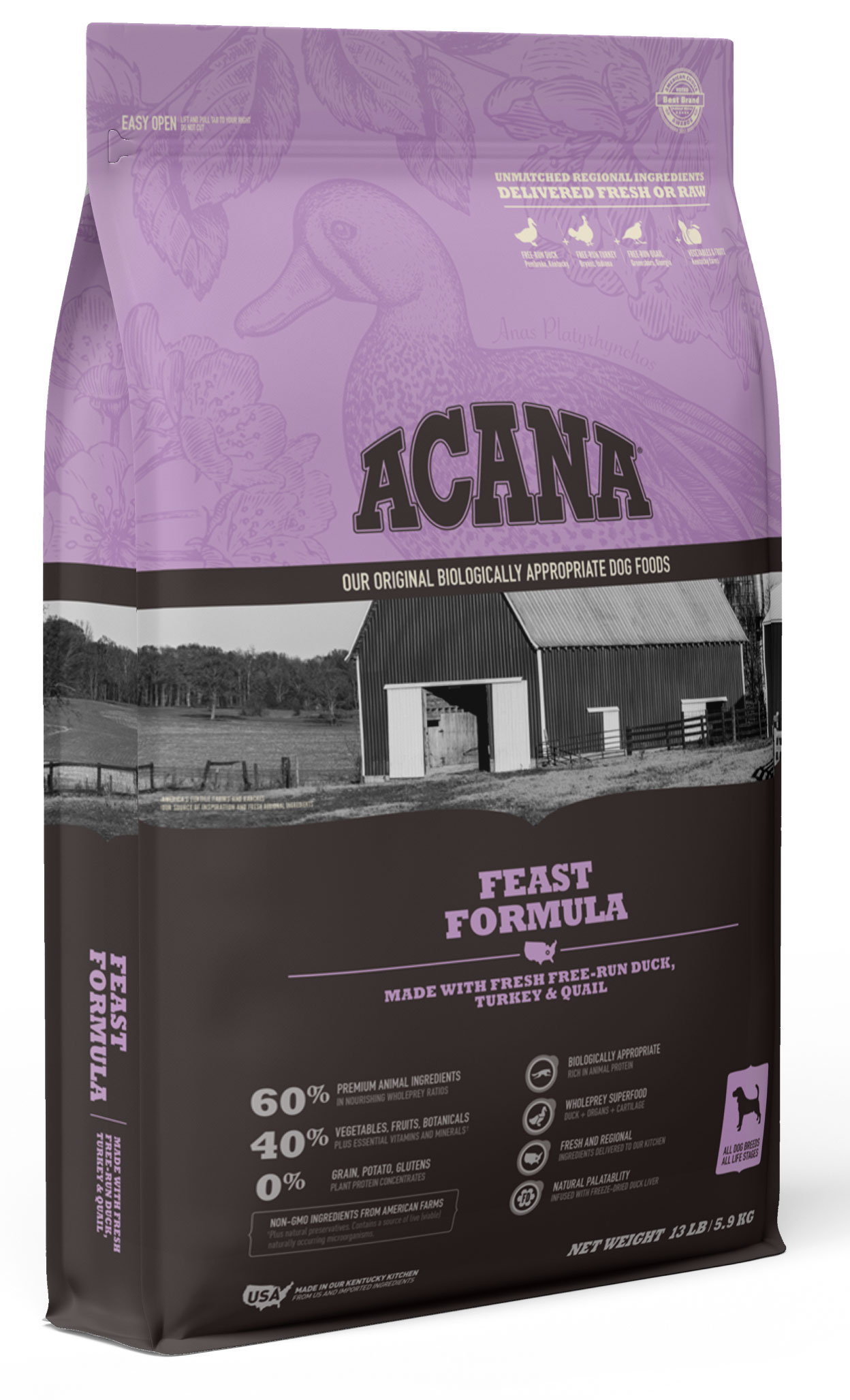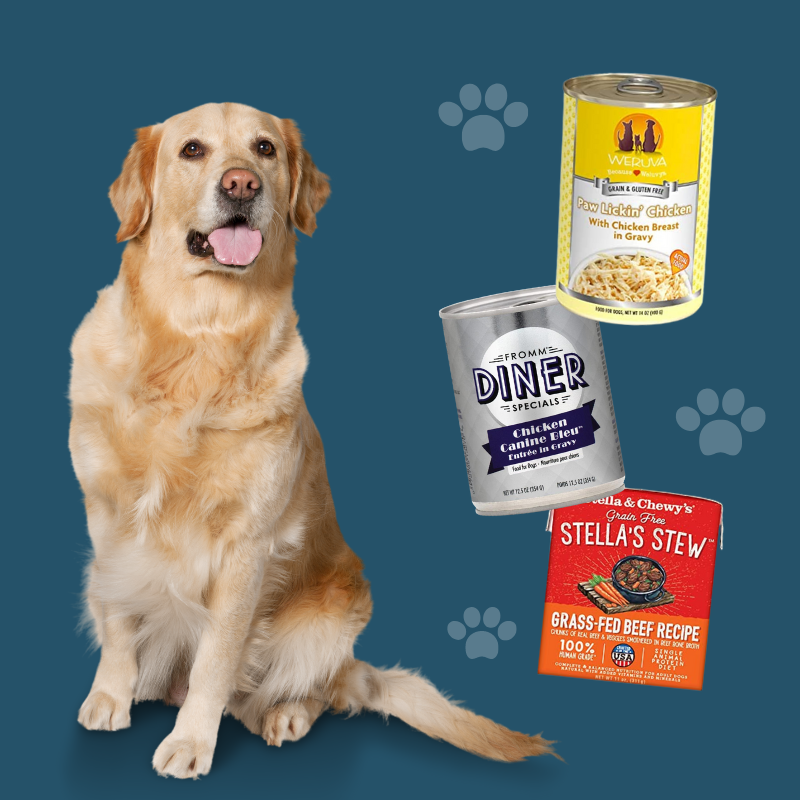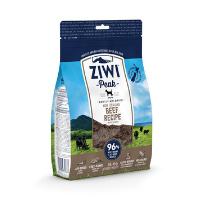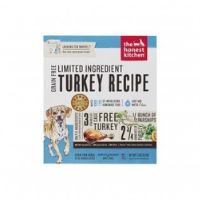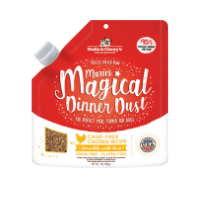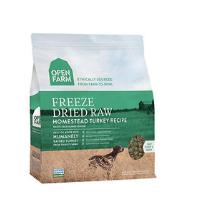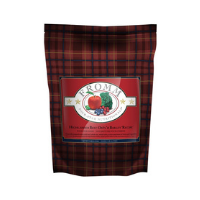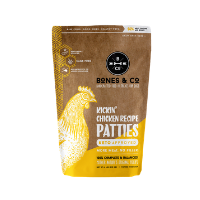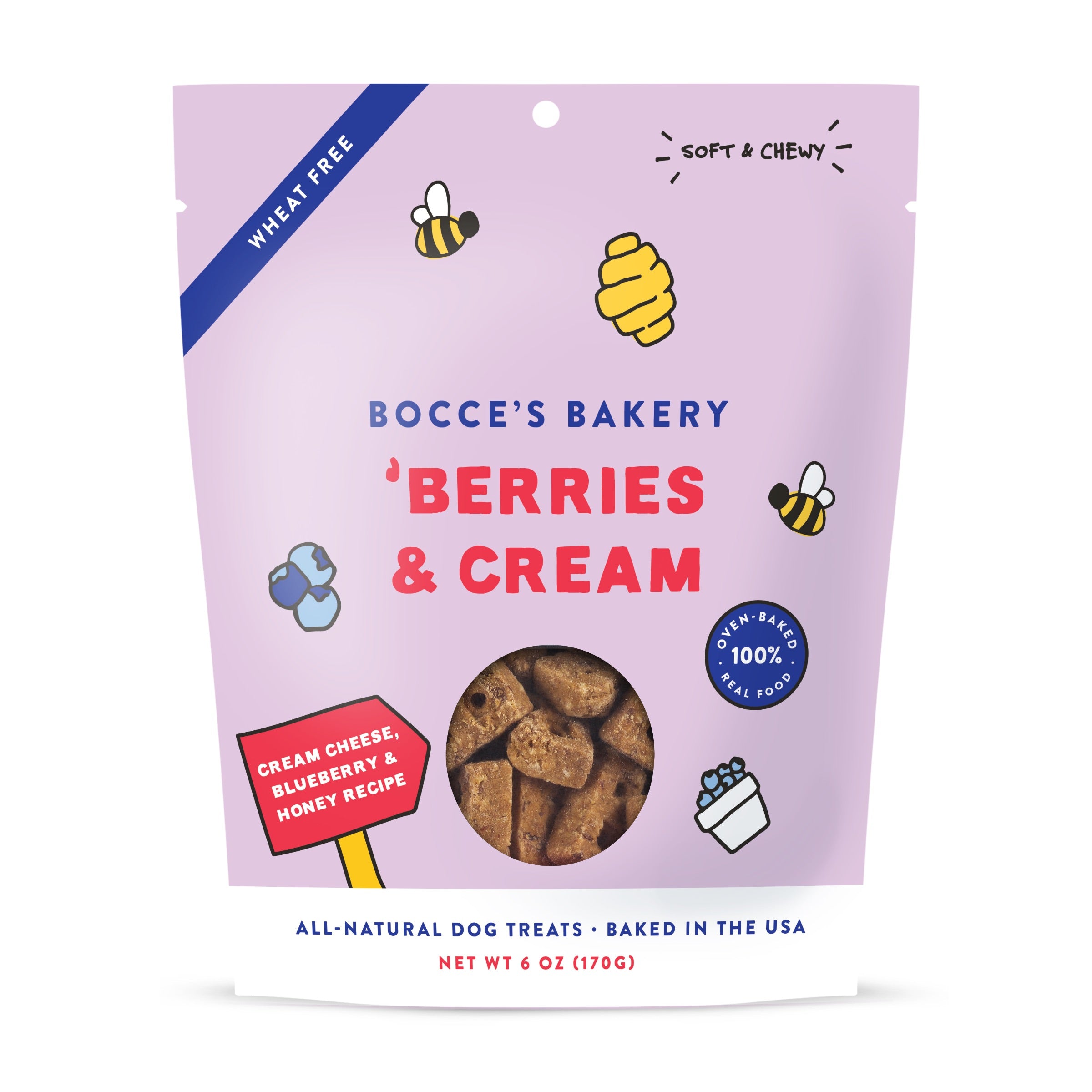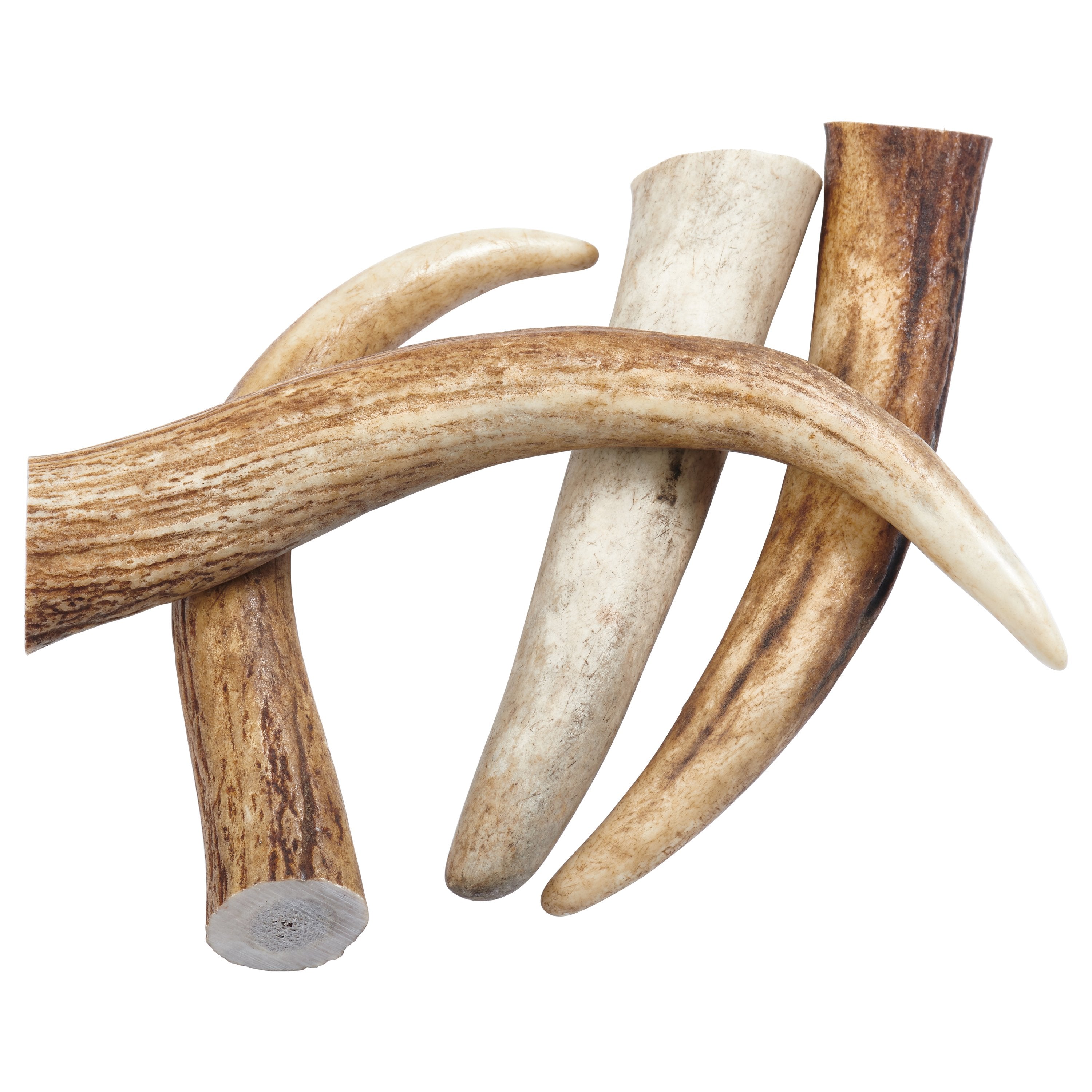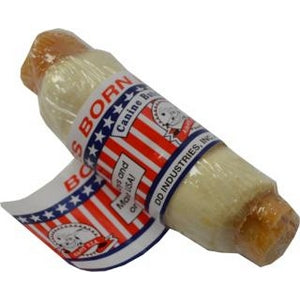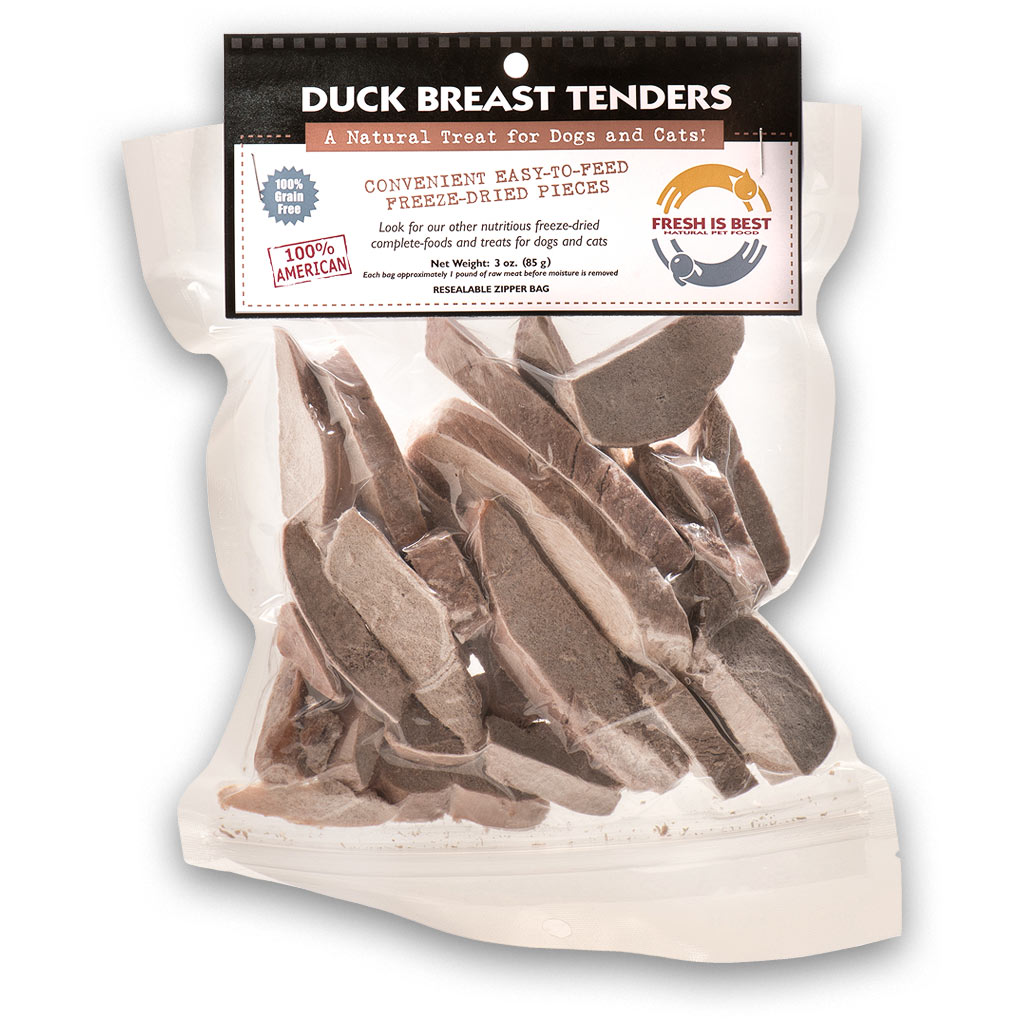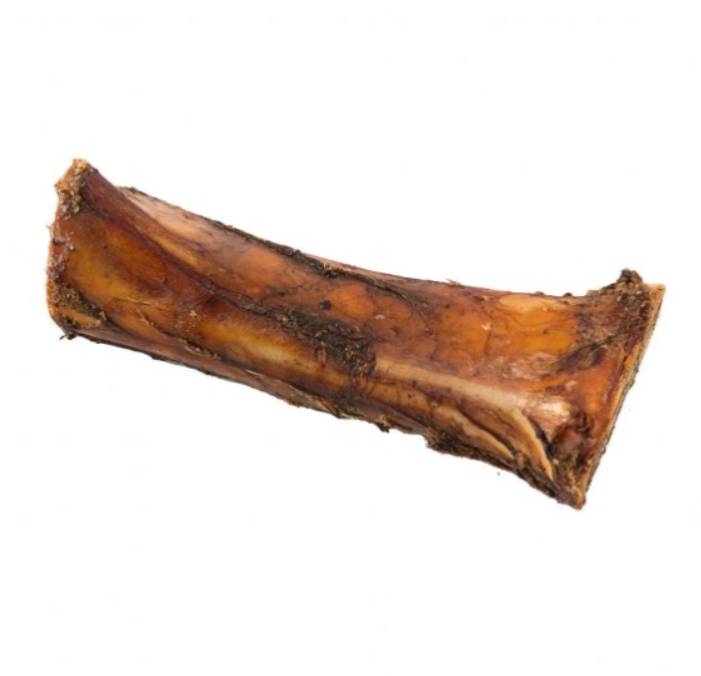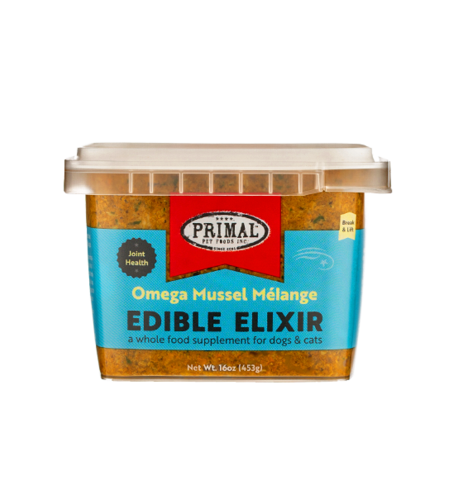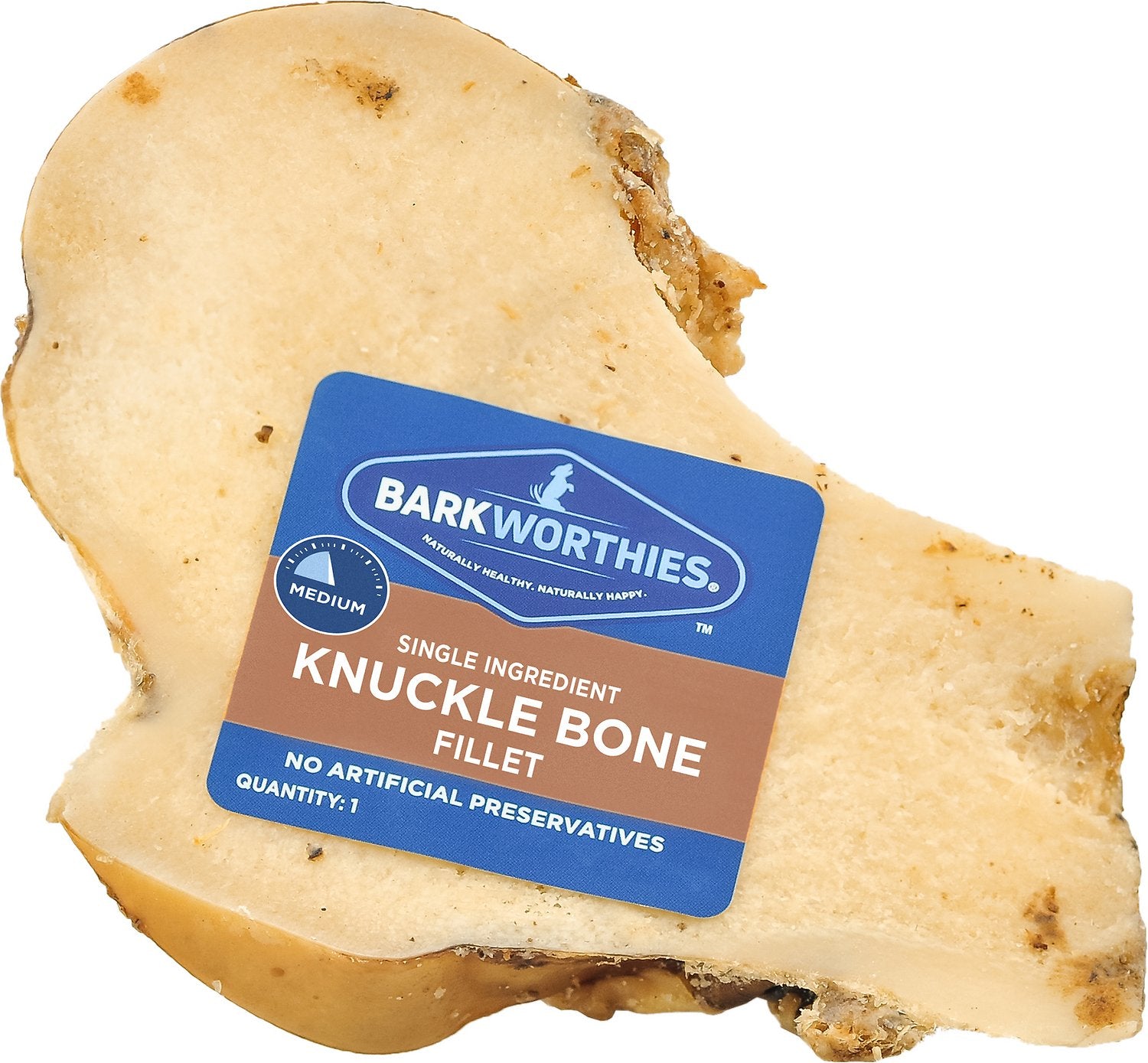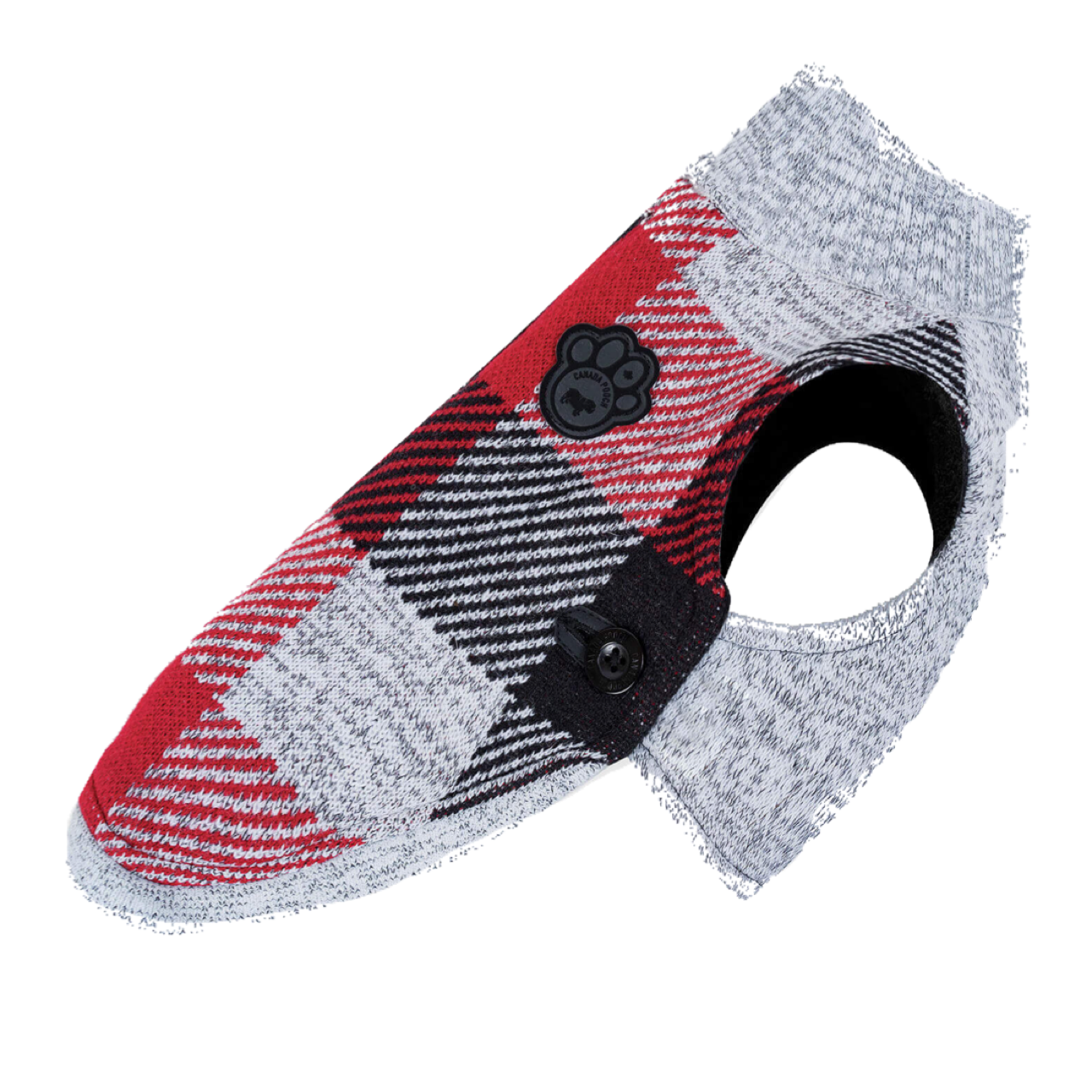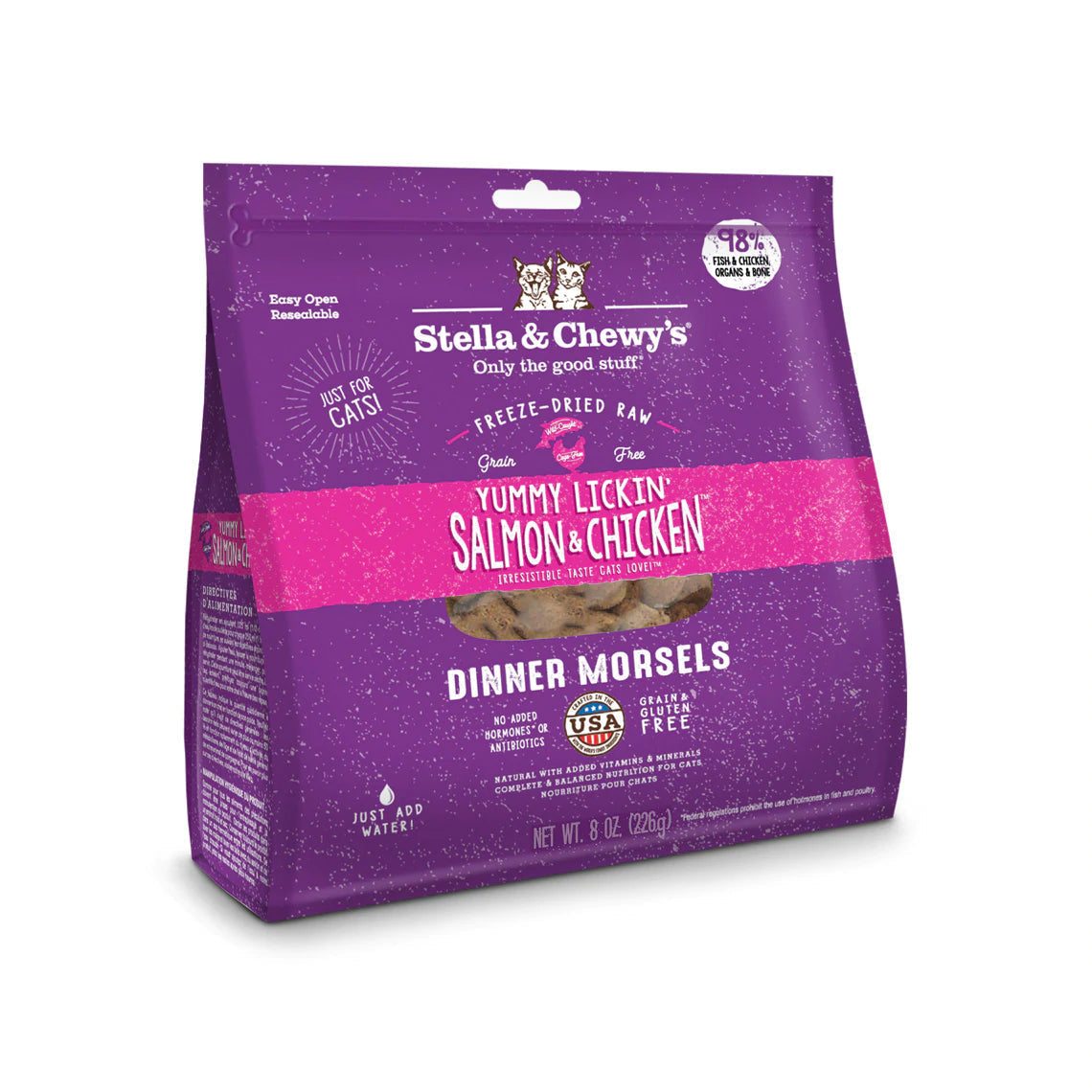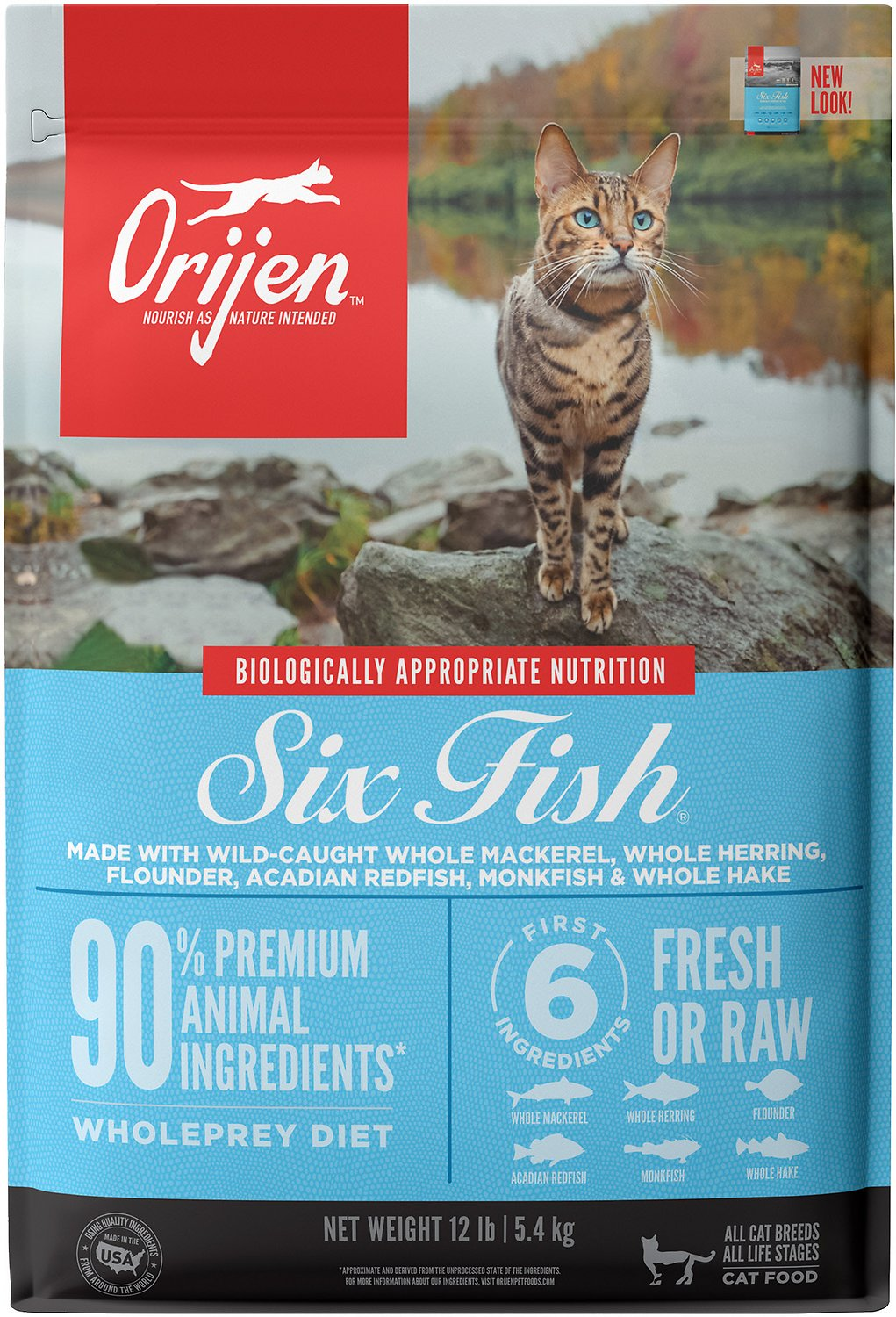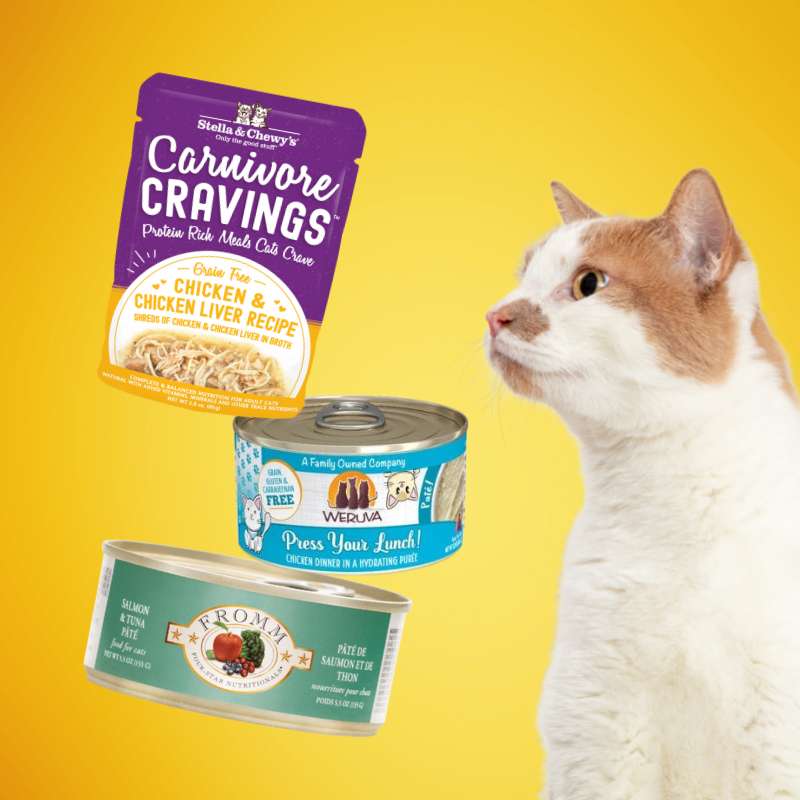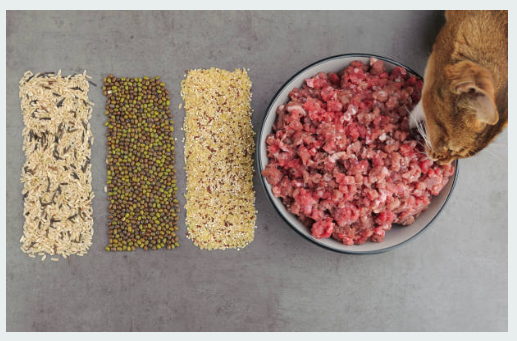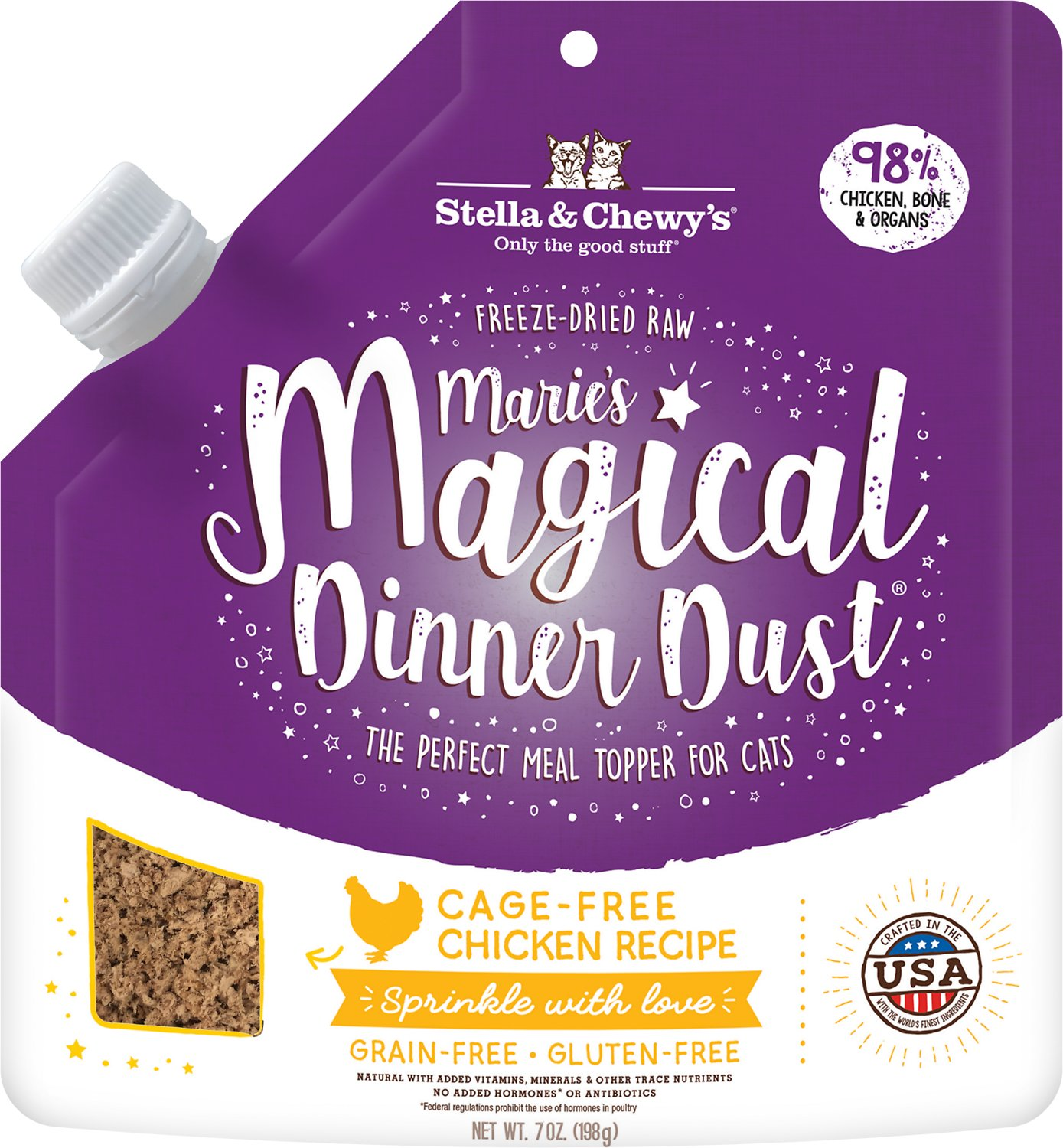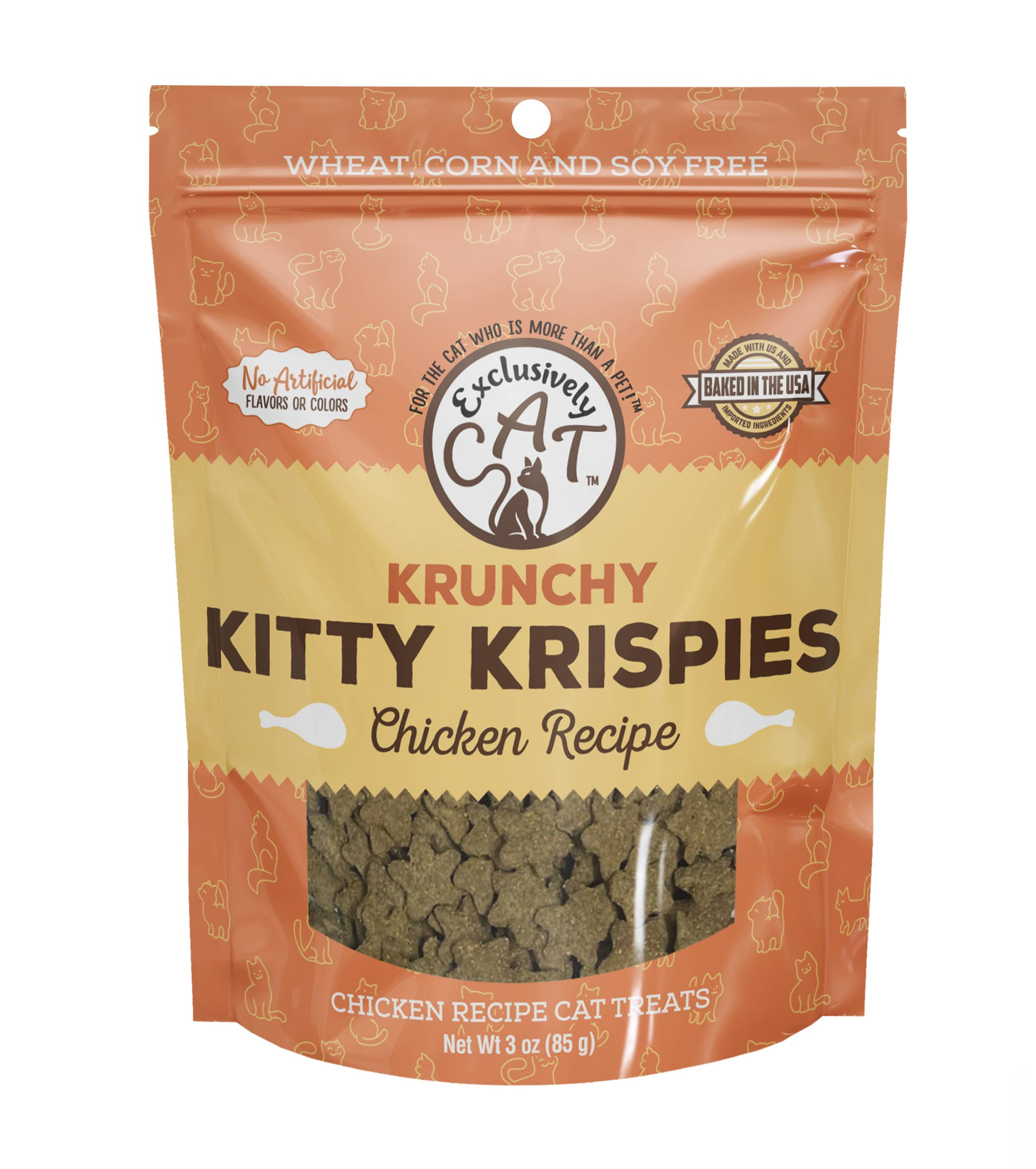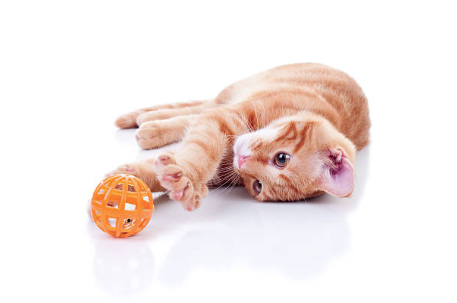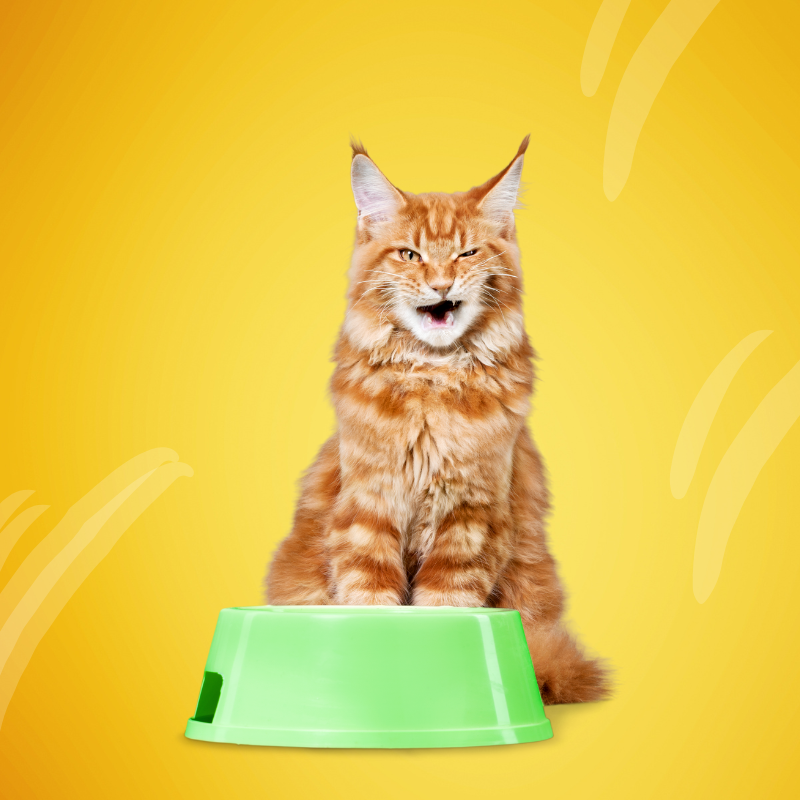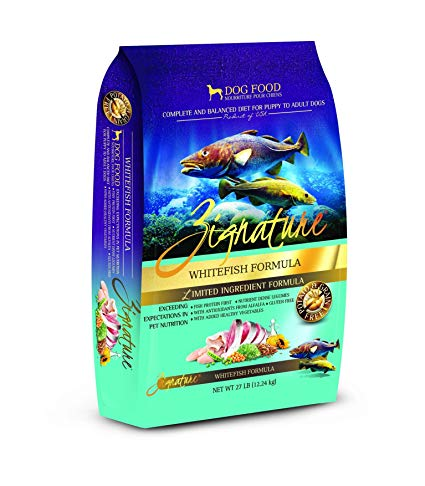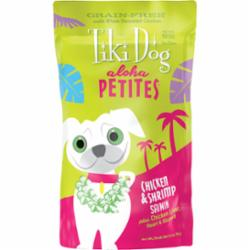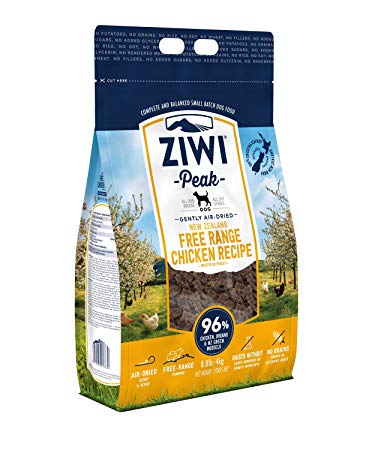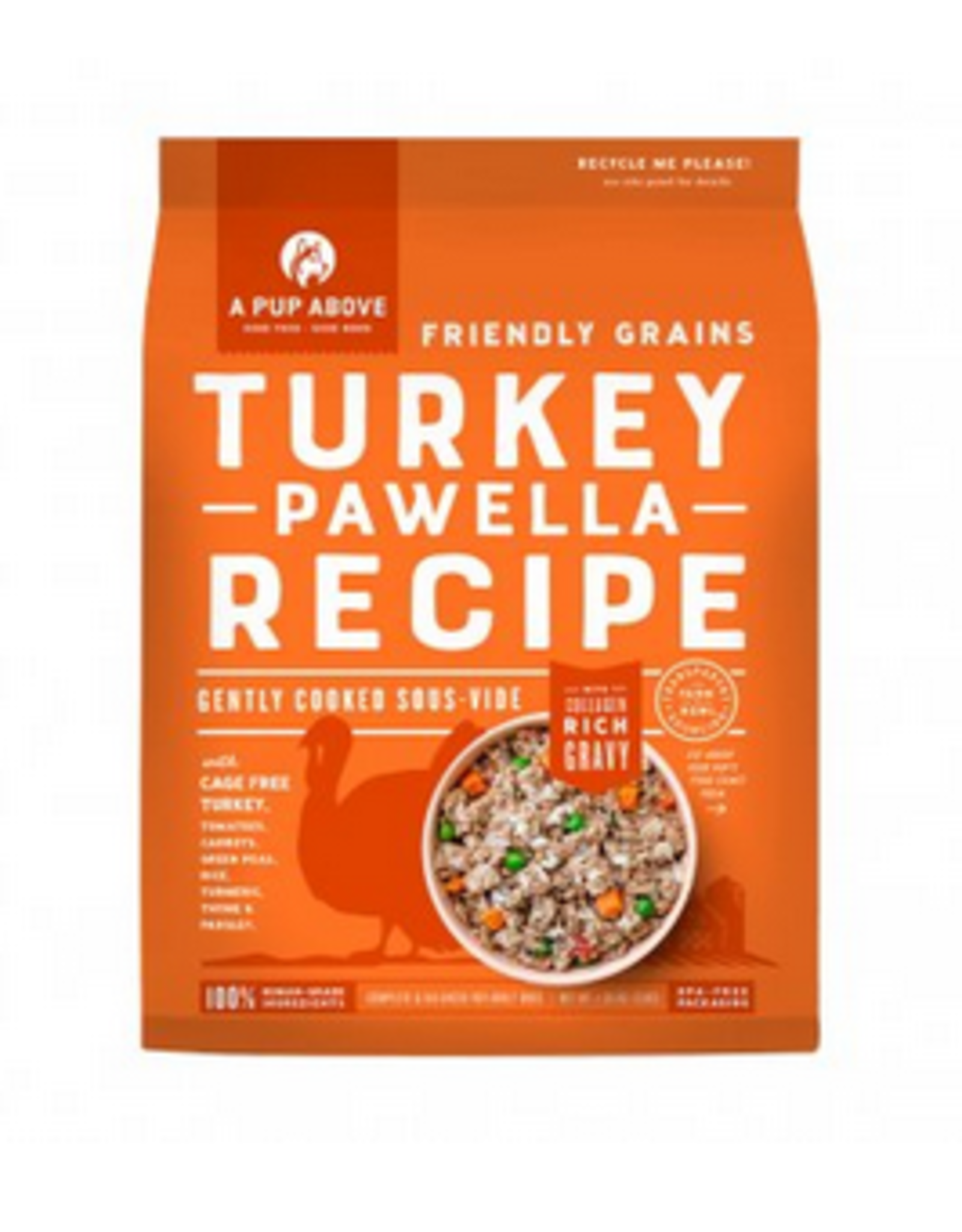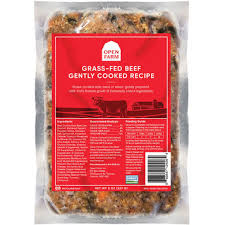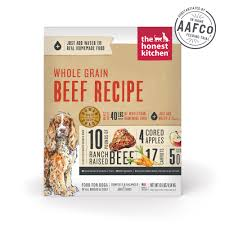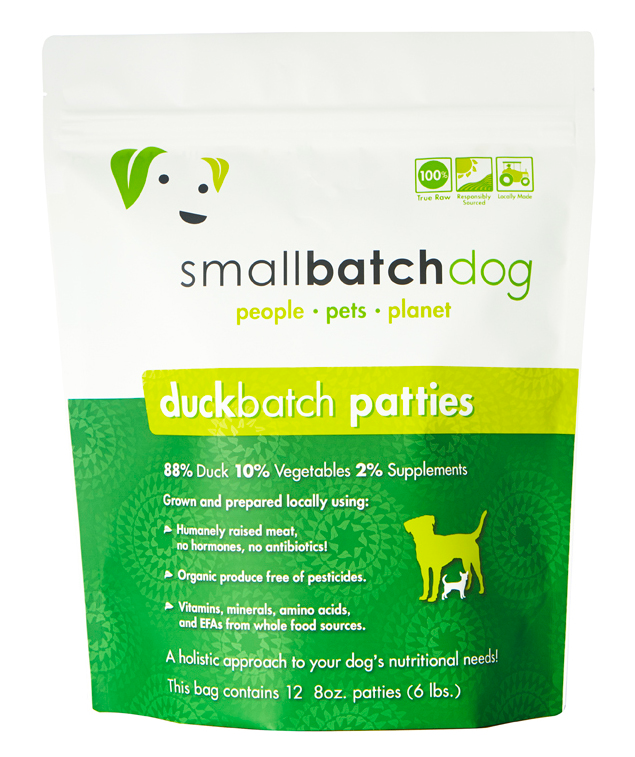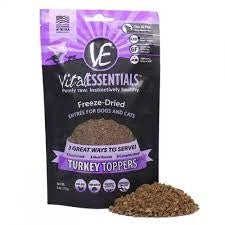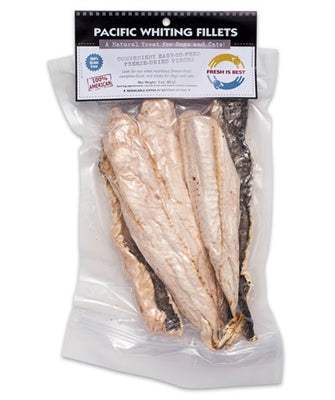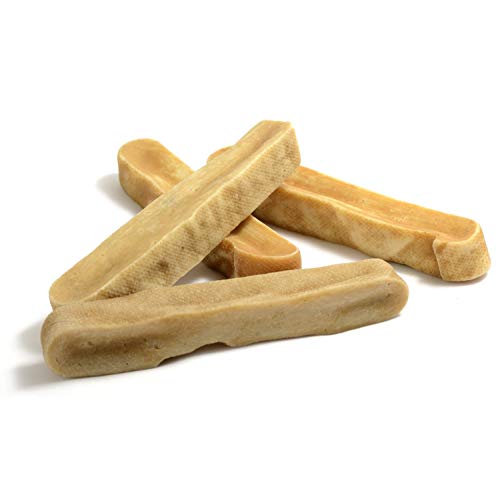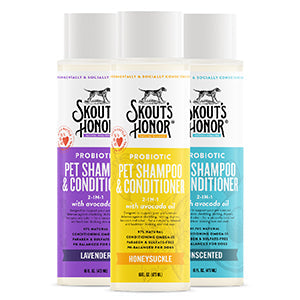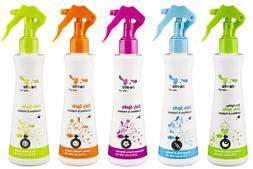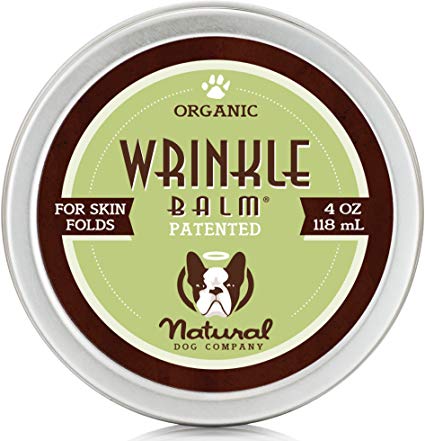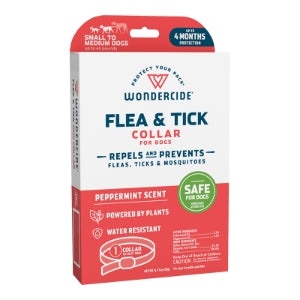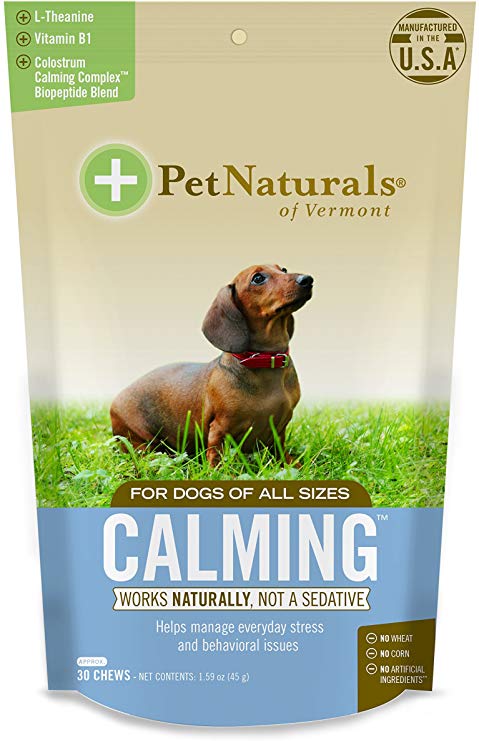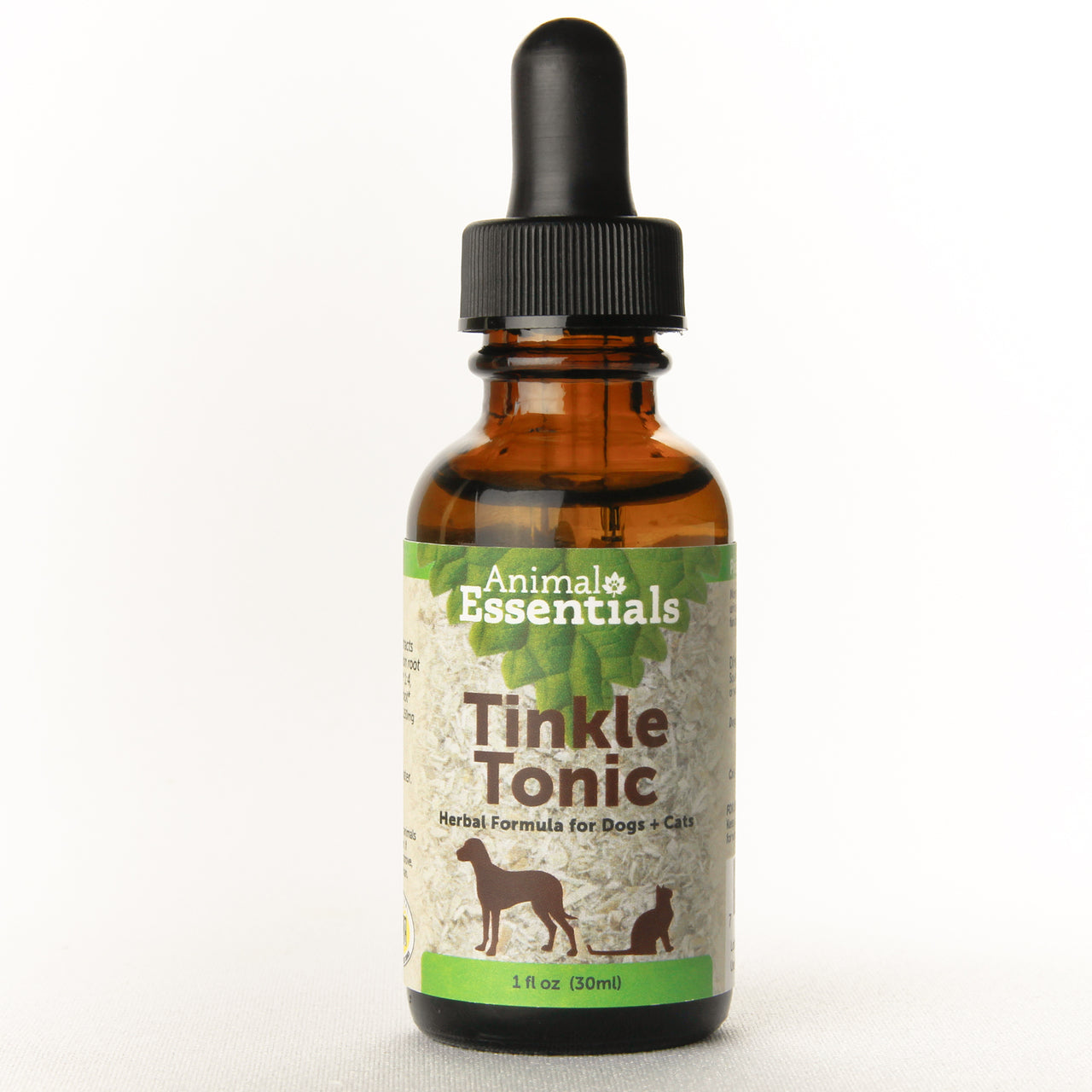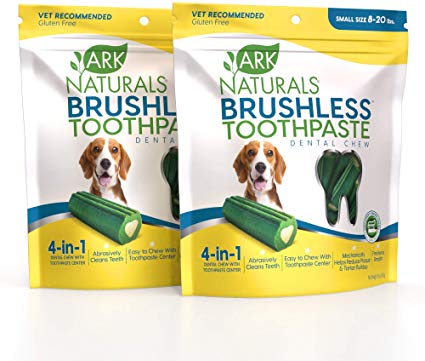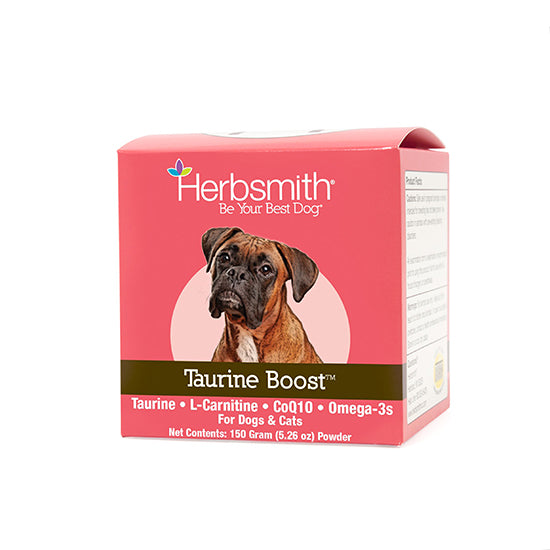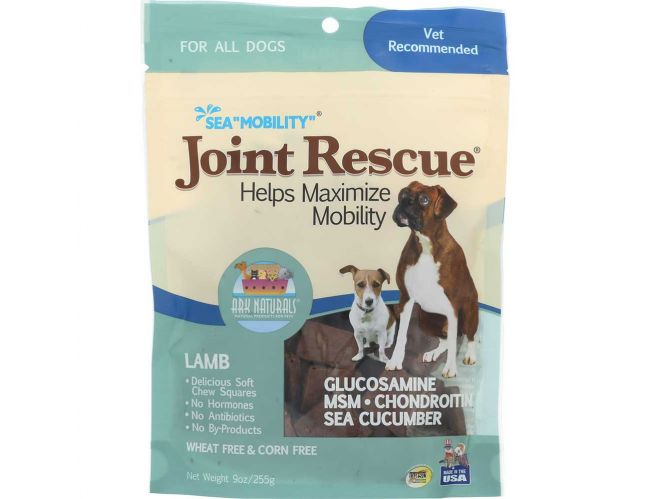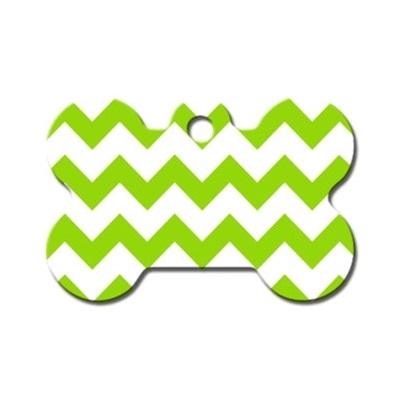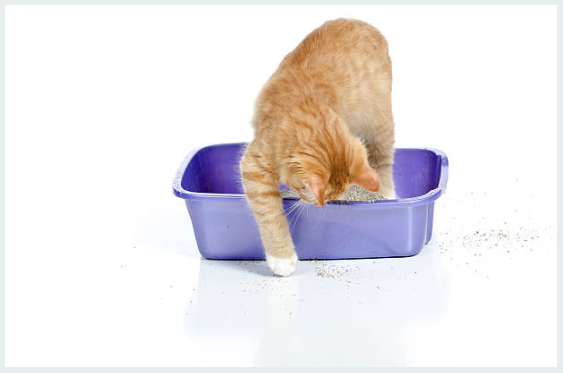Usually when we think of milk, we think of cows. Did you know that goat’s milk is actually the most universally consumed milk globally? Did you also know that it has amazing health benefits for your pets? Raw Goat’s milk is a great supplement (not a complete diet) for both cats and dogs!
Digestion:
- Raw goat’s milk is chock-full of probiotics and enzymes that help aid with digestion.
- Raw goat’s milk digests within 20 minutes and is very gentle on your pet’s stomach.
Allergies:
- Raw goat’s milk has been known to help allergies and itching.
- Did you know that your pets can get yeast infections? If your pet frequently bites/licks their paws or other areas, they could have an issue with yeast. Yeast can also cause problems in your pet’s ears. The probiotics in raw goat’s milk help fight off yeast. Goat’s milk also has high levels of caprylic acid that can help fight off yeast.
Cancer Prevention:
- Carotene (pro-Vitamin A) can be found in raw goat’s milk. This has been known to contain cancer-preventing properties.
- CLA (conjugated linoleic acid) is found in raw goat’s milk. This cancer-fighting fat has been known to shrink cancerous tumors in some cases!
Other Benefits:
- Relieves arthritis symptoms and joint pain due to its anti-inflammatory properties.
- Raw goat’s milk is full of vitamins, trace minerals, electrolytes, protein, enzymes, and fatty acids that can boost your pet’s immune system!
- Contains more calcium, vitamin B-6, vitamin A, potassium, niacin, and selenium than cow’s milk.
- Has been shown to help with other ailments such as kidney issues, cancers, skin conditions, urinary tract infections, liver disease, diabetes, colitis, irritable bowel syndrome, heart disease, ulcers and various brain and nervous system disorders.
What if my pet is lactose intolerant?
Lactose requires the enzyme lactase to aid digestion. Lactose intolerance happens when you cannot produce enough lactase to help break down lactose. Pasteurization actually destroys lactase. Pasteurization also destroys enzymes, vitamins, and good bacteria. Raw milk is not pasteurized so any pet that cannot produce enough lactase on their own will still be able to easily consume and digest raw goat’s milk!
Is raw goat’s milk safe for my pet?
Absolutely! Laws are currently more strict for raw milk than pasteurized milk.
Are you ready to start incorporating raw goat’s milk into your pet’s diet? Check out Primal Raw Goat’s Milk or Arrfscarf The Other Milk Cups for a frozen option, and Honest Kitchen Pro Bloom Instant Goat's Milk for a dehydrated option. Your pet will be thankful for this nutritious and delicious addition to their diet!



